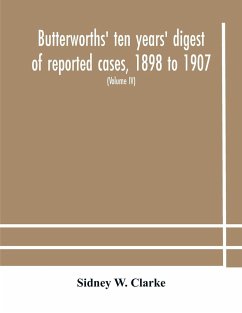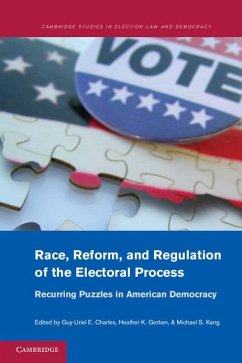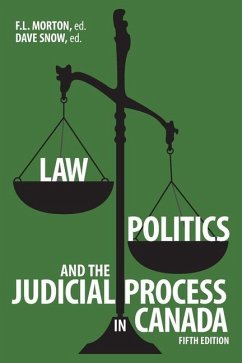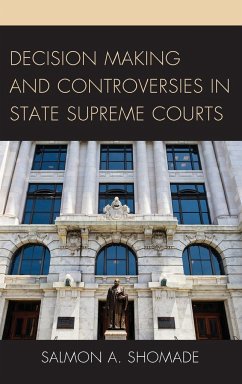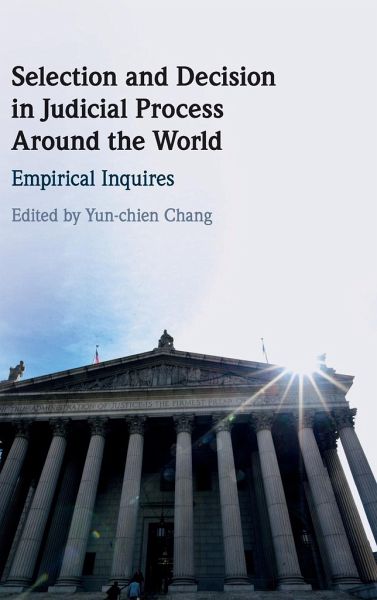
Selection and Decision in Judicial Process Around the World

PAYBACK Punkte
60 °P sammeln!
This book empirically explores whether and under what conditions the judicial process is efficient. Eleven chapters in this book, authored by leading empirical legal scholars in the world, deal with these issues in the US, Canada, Germany, Japan, and Taiwan, as well as the European Court of Human Rights.






![The significance of the Supreme Court's decision in Ahmed v HM Treasury [2010] 2 AC 534 Cover The significance of the Supreme Court's decision in Ahmed v HM Treasury [2010] 2 AC 534](https://bilder.buecher.de/produkte/42/42235/42235741n.jpg)
